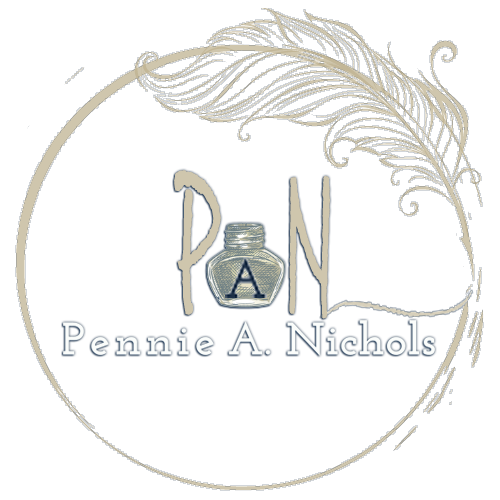Maybe you’re fortunate enough to have a place in your life so charged with meaning, spirit, and personality that it’s a member of your family, a dear friend, or a wise confidant. In other words, a main character in your life. This is an installment in a series of mostly true stories about Fairpop Farm, a place that became the hub and a main character in our family.
This is the story about how a statement became a place name.
Sometimes we make a statement that sticks. It can be a toddler’s tangled tongue that determines the nickname a sibling will carry to the grave. Or it might be a simple observation that sets a foundation and shapes sentiment for the decades that follow.
The weeks following Bevie’s “We need a bigger house” declaration were a lively time in this family’s history. Those hectic days witnessed financial agreements and logistics. They saw head scratching over supplies and tools to frame in a house and dig a well. Women busied over pots to feed friends and family who set the pilings, drove the nails, and raised the barn.
I wonder how much input Bevie had about the layout of the three-bedroom house. Did she choose to have her kitchen on the north side, with a window facing west? Did she insist on the two porches: front south-facing and back north-facing? Or maybe the porches were add-ons after the first dust of construction and expense settled?
Histories
We don’t think to ask the questions while ancestors are still alive. My cousins, brother, and I are at best unreliable archivists of the history that preceded us. I was in my twenties before I heard the name Fairpop Farm, because oral histories tumble out in their own time and in fits and starts that knock off a bit here, and pick up a bit there.
I’m not sure who made the observation. He could have been Robert’s father, an uncle, or maybe a neighbor. He stood in the middle of the property on the gentle swell, the shape of Bevie’s second-trimester belly. We call it a hill in these parts even though it’s only 206 feet above sea level, and at most forty feet above the Water Hollow, the lowest point on the property. He looked out over the pine to the north and west, over the fields sloping down into the Water Hollow in the west. I imagine he turned south where he could just make out the road that led into town, and another 90 degrees to gaze across the piney horizon that hid the lumberjack town to the east.
“You can see a fair pop from here.”
Names
We don’t remember the name of the man whose statement became a place name in our family’s oral history.
The view has changed and things have come and gone over the years: dams for ponds, coops and pens for chickens and pigs, fences around the fields, a red barn for equipment and hay, a windmill to power the pump for the well. The field of tung oil trees was cleared when I was an adolescent, but I don’t remember if before or after Robert —my Papa Nick —took his last breath. He died in the middle bedroom of the house he built to welcome my father, his fourth child.
Since my grandfather’s passing in 1966 and my grandmother’s in 1988, their three bedroom farmhouse became the five-bedroom big house, with amenities that Robert and Bevie never imagined possible on this piece of land that they passed down to their family. The view to the north changed dramatically after Katrina made toothpicks of most of the piney woods where my cousins, my brother, and I, and later our children, played.
But one thing hasn’t changed. You can still walk up the swell of the back field and even today, you can see a fair pop from there.
I think about how that man who stood in that field in 1938. I wonder if he would have chosen his words differently if he had known they would become part of our oral history, if he had known that six decades later, Robert’s granddaughter and her husband would have the words “Fairpop Farm” inscribed on a fine blue and gold sign for Robert’s fourth child.
©Pennie Nichols. All Rights Reserved. 2024


You’re right. We never ask the questions we should while we can. Lovely post.
As writers, we can be proactive and answer questions before they are asked. 😉
So beautiful and poignant. Love the name “Fair Pop.”
Me too. Thanks.
Learn something new every day! I and my family have many precious memories of this beautiful homestead! Never knew the name or the history behind its given name!
I would love to know some of the stories of Pittman hill!
Beautiful. As always.
Isn’t it wonderful to have roots that grow so deep and family members who honor those roots.